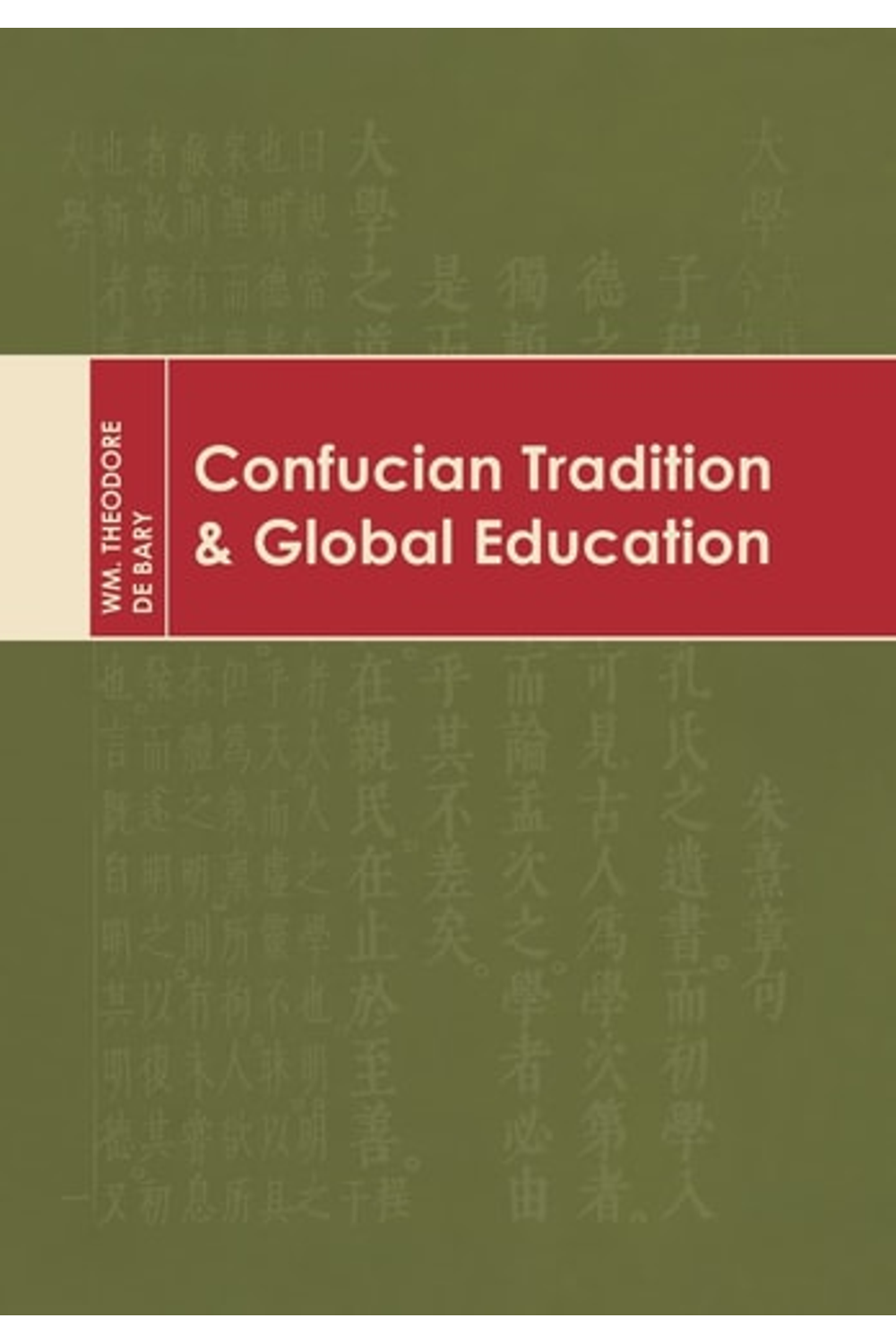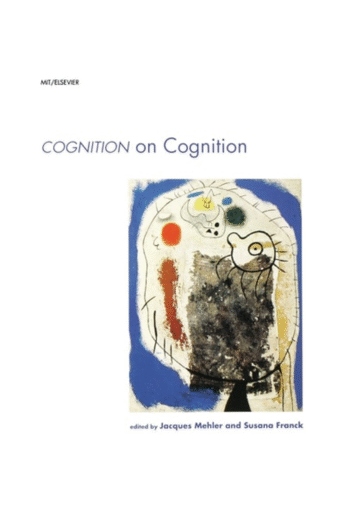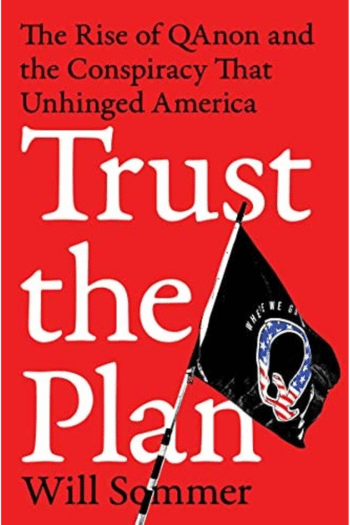Explore the timeless wisdom of Confucianism and its crucial role in shaping global education with “Confucian Tradition and Global Education” by Wm. Theodore de Bary. This compelling collection of essays and debates, inspired by lectures honoring philosopher Tang Junyi, delves into the future of Chinese education and the political significance of Confucian values in today’s rapidly changing world. De Bary, a leading scholar in East Asian studies, argues for the preservation of Confucian traditions amidst modernization and the dominance of English. He asserts that Confucianism is essential for a multicultural global education, offering unique perspectives often overlooked in Western-centric curricula. The book features diverse viewpoints on which Confucian principles are most relevant for the modern age and how they can be effectively integrated into high-tech learning environments. Beyond the classroom, “Confucian Tradition and Global Education” examines the power of Confucianism to foster a more democratic and humane East Asia. Contributors explore the challenges of teaching Chinese humanities in English and demonstrate how Confucian humanism can contribute to contemporary liberal education. This illustrated edition is a vital resource for educators, policymakers, and anyone interested in Eastern philosophy, global education, and the enduring legacy of Confucian thought. A key work by a giant in the field, this book helps us understand how ancient wisdom can inform our modern world. This book will inspire you to think about the value of cultural heritage in the age of globalisation.
Confucian Tradition and Global Education
19,94 $
In stock
Drawn from a series of lectures that Wm. Theodore de Bary delivered in honor of the Chinese philosopher Tang Junyi, Confucian Tradition and Global Education is a unique synthesis of essay and debate concerning the future of Chinese education and the potential political uses of Confucianism in the contemporary world.
Rapid modernization and the rise of English as a global language increasingly threaten East Asia’s cultural diversity and long-standing Confucian traditions. De Bary argues that keeping Confucianism alive in China is not only a matter of “Chinese identity,” but also a critical part of achieving a multicultural global education. Scholars take different views on what is worth preserving in Confucian tradition, and whether it is possible for the classical teachings to remain relevant in today’s high-tech educational environment. De Bary and his contributors assert that the Chinese classics are the key to this survival, and therefore their inclusion in a global humanities curriculum is essential.
De Bary also believes in the power of the classics to humanize the modernization process and to shape a more democratic East Asia. Kwan Tze-wan discusses the difficulty of teaching the Chinese humanities in English when certain ideas and values are best expressed in a native language, and Cheung Chan Fai demonstrates how it is still possible for Confucian humanism to contribute to a modern liberal education. Timely and passionately argued, Confucian Tradition and Global Education is a major work emphasizing the importance of Chinese philosophy in the post-World War II era.
| Binding | |
|---|---|
| Condition | |
| ISBN-10 | 0231141203 |
| ISBN-13 | 9780231141208 |
| Language | |
| Pages | 128 |
| Publisher | |
| Year published | |
| Weight | 386 |
| Edition | Illustrated |
- Additional information
- Currencies
- USD – United States dollar
- EUR – Euro
- GBP – Pound sterling
- CNY – Chinese yuan
- BRL – Brazilian real
- MXN – Mexican peso
- JPY – Japanese yen
- PHP – Philippine peso
- THB – Thai baht
- PLN – Polish złoty
- CAD – Canadian dollar
- MYR – Malaysian ringgit
- AUD – Australian dollar
- TWD – New Taiwan dollar
- CZK – Czech koruna
- SEK – Swedish krona
- HUF – Hungarian forint
- ILS – Israeli new shekel
- CHF – Swiss franc
- HKD – Hong Kong dollar
- DKK – Danish krone
- SGD – Singapore dollar
- NOK – Norwegian krone
- NZD – New Zealand dollar





